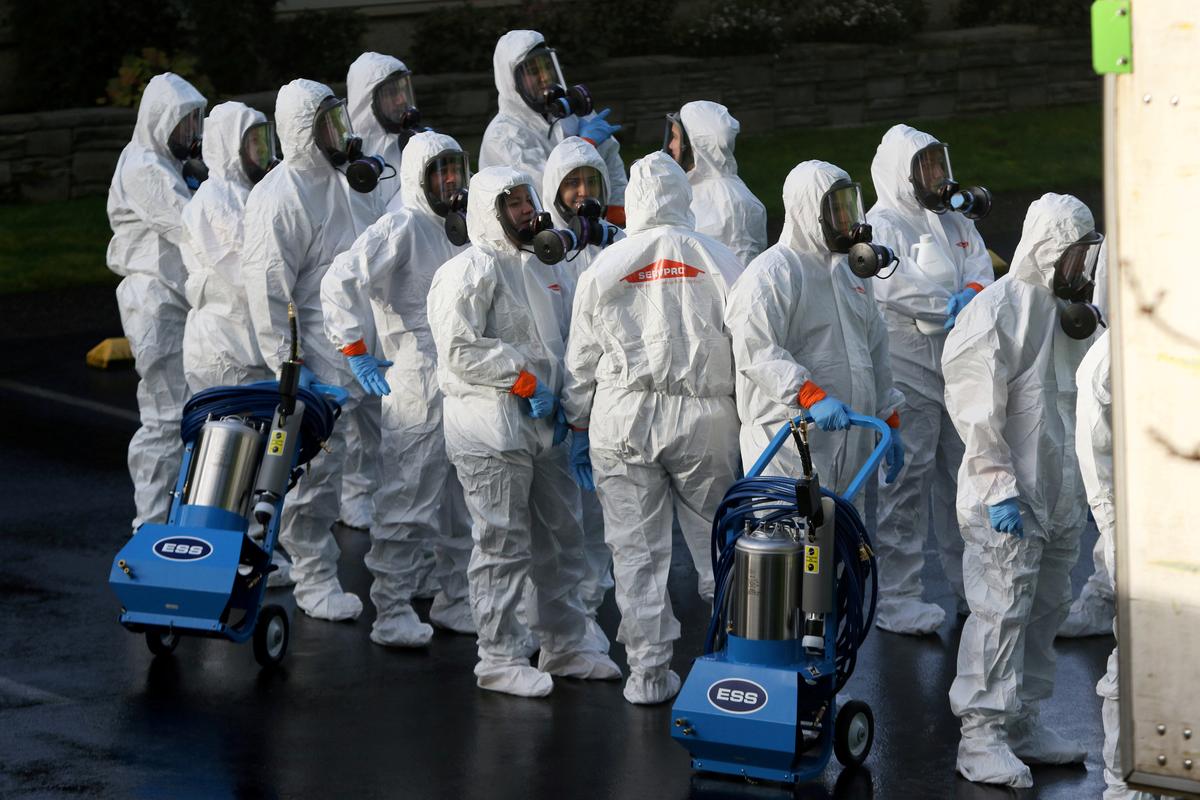WASHINGTON (Reuters) – With panic buying on Main Street and fear-driven sell-offs on Wall Street, the U.S. Federal Reserve cut interest rates to near zero on Sunday in another emergency move to help shore up the U.S. economy amid the rapidly escalating coronavirus pandemic.
New York City Bill de Blasio on Sunday said he was ordering restaurants, bars and cafes to only sell food on a take-out or delivery basis. He also said he would order nightclubs, movie theaters, small theater houses and concert venues to close.
“This is not a decision I make lightly,” the mayor said in a written statement. “These places are part of the heart and soul of our city. They are part of what it means to be a New Yorker. But our city is facing an unprecedented threat, and we must respond with a wartime mentality.”
For the second time since the financial crisis of 2008, the Fed cut rates at an emergency meeting, aiming for a target range of 0% to 0.25% to help put a floor under a rapidly disintegrating global economy.
U.S. President Donald Trump, who had openly pressed the Fed for further action, called the move “terrific” and “very good news.”
Americans are waking up to a new reality as coronavirus spreads, with store shelves stripped bare of essentials, schools closed and millions of jobs in jeopardy as businesses temporarily shut their doors. New York City joined the nation’s other major public school systems in calling off classes starting this week.
“We’re learning from watching other countries,” Trump said. “It’s a very contagious virus … but it’s something that we have tremendous control of.”
Trump has faced criticism at home and abroad for sometimes downplaying the seriousness of the coronavirus and overstating his administration’s ability to handle it.
Dr. Anthony Fauci, the nation’s top infectious diseases expert, said the United States was entering a new phase of coronavirus testing but tempered the president’s optimism.
“The worst is yet ahead for us,” Fauci said, a warning he has issued freque

